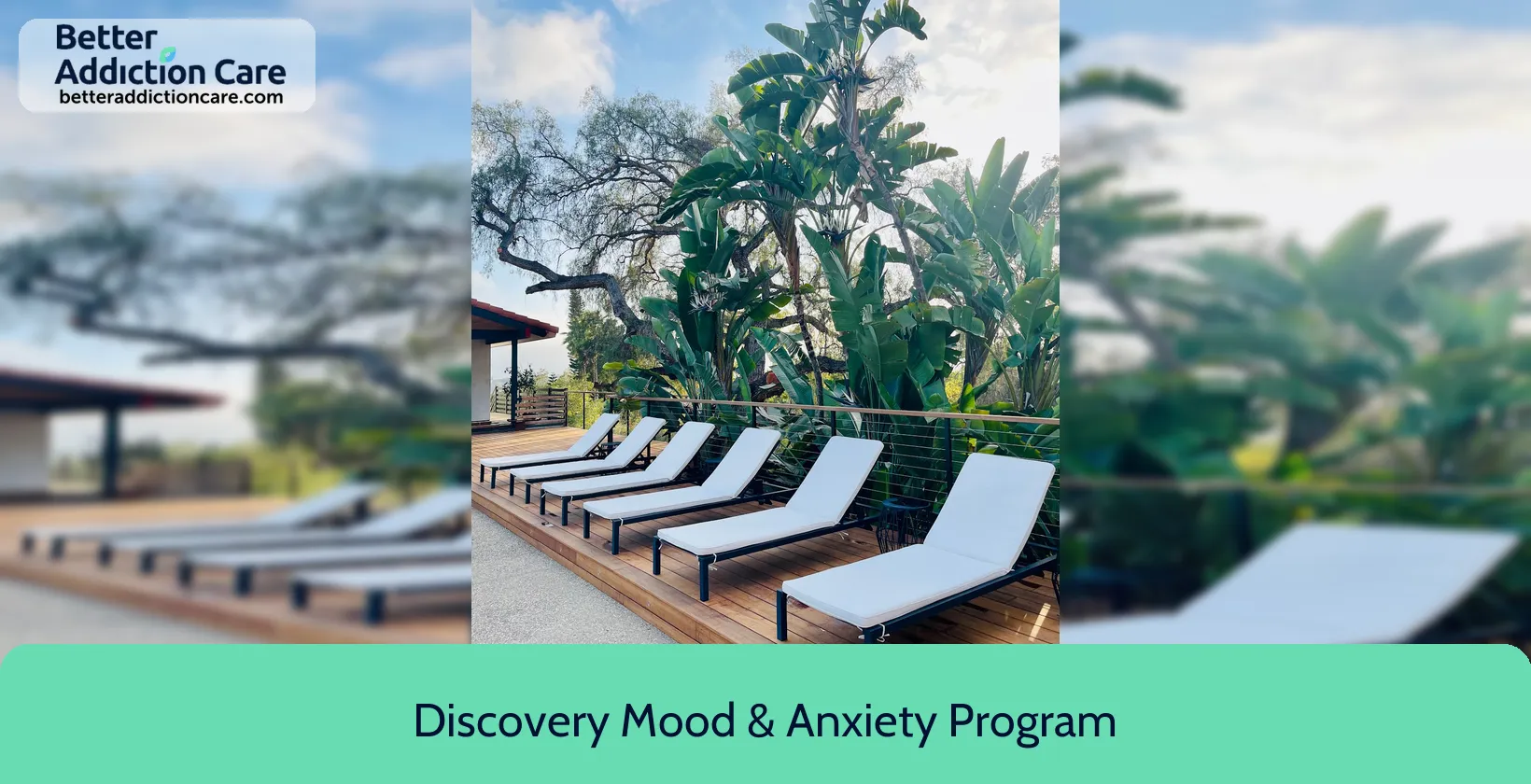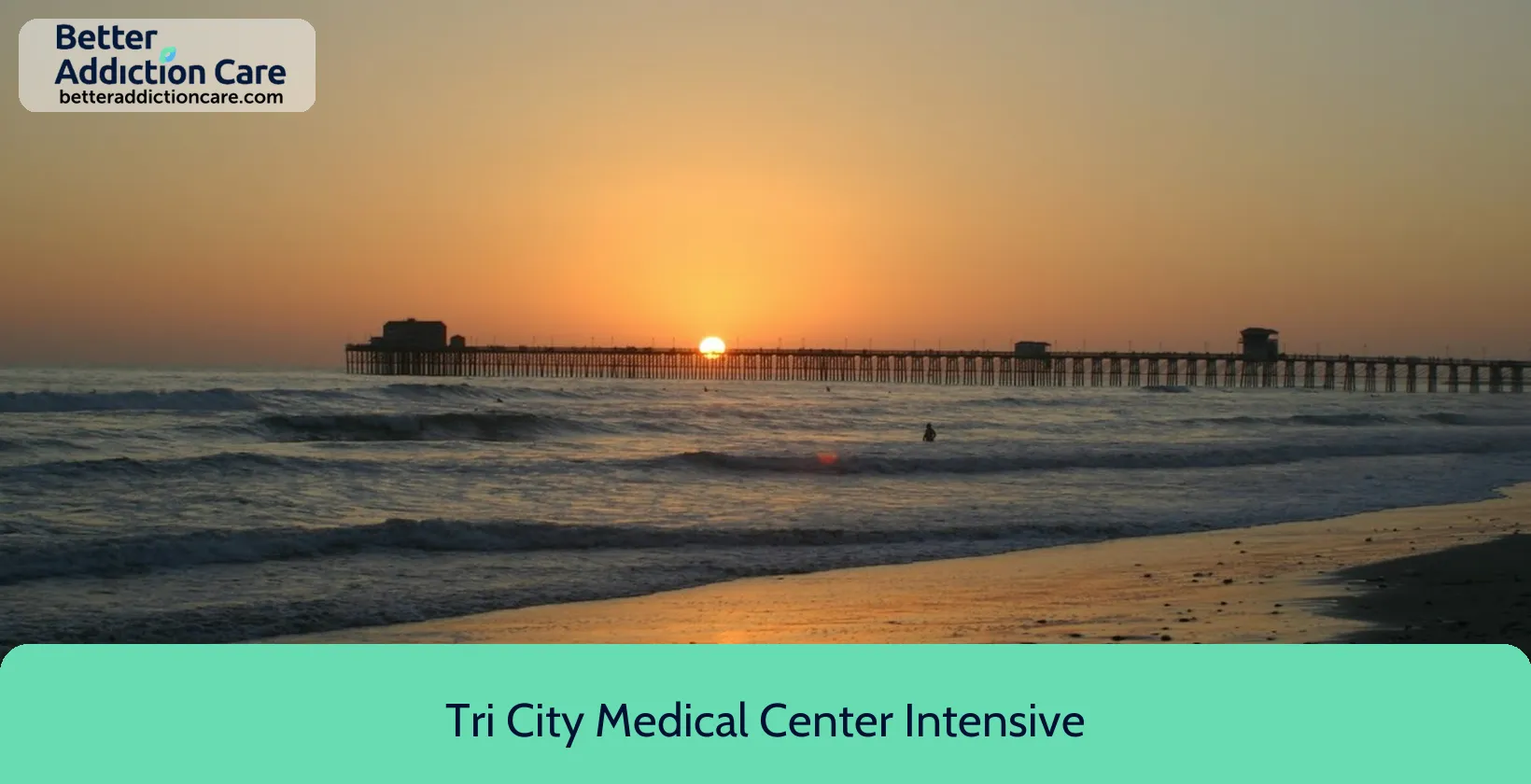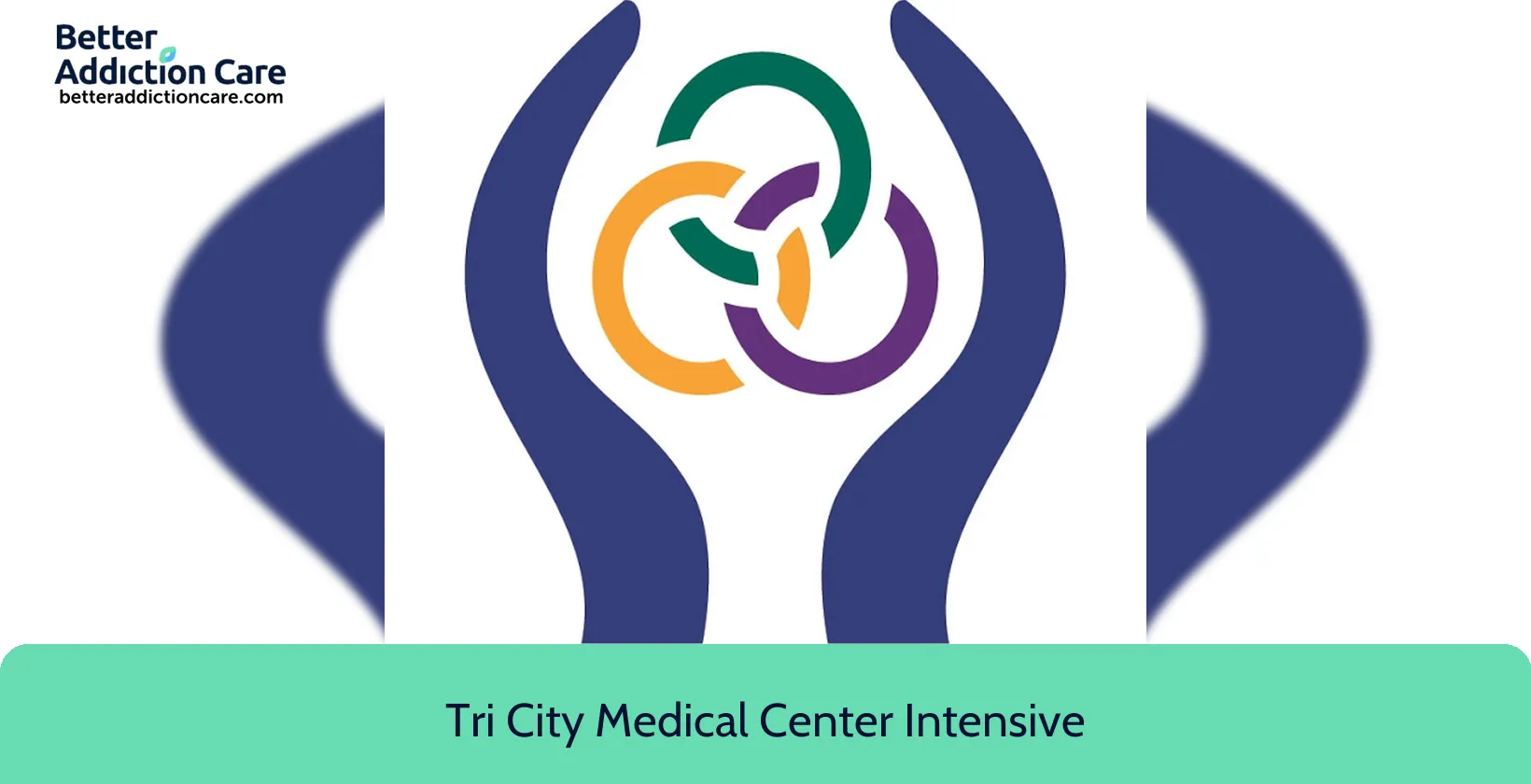Tri City Medical Center Intensive Outpatient
Overview
Tri City Medical Center Intensive Outpatient is an substance abuse treatment center that provides outpatient treatment for men and women from 18+ years of age. As part of their special programs, Tri City Medical Center Intensive Outpatient treats clients with hiv or aids, active duty military, and persons with eating disorders. To help patients achieve sobriety, Tri City Medical Center Intensive Outpatient provides intake assessments. Afterward, patients receive family counseling, individual psychotherapy, and cognitive behavioral therapy during treatment. Tri City Medical Center Intensive Outpatient is located in Vista, California, providing treatment for people in San Diego County, accepting private health insurance, cash or self-payment, and medicare.
Tri City Medical Center Intensive Outpatient at a Glance
Payment Options
- Private health insurance
- Cash or self-payment
- Medicare
Assessments
- Comprehensive mental health assessment
- Comprehensive substance use assessment
Age Groups
- Adults
- Young adults
Operation
- Private for-profit organization
Highlights About Tri City Medical Center Intensive Outpatient
6.71/10
With an overall rating of 6.71/10, this facility has following balanced range of services. Alcohol Rehabilitation: 8.00/10, Drug Rehab and Detox: 6.00/10, Insurance and Payments: 6.00/10, Treatment Options: 6.85/10.-
Alcohol Rehabilitation 8.00
-
Treatment Options 6.85
-
Drug Rehab and Detox 6.00
-
Insurance and Payments 6.00
Treatment At Tri City Medical Center Intensive Outpatient
Treatment Conditions
- Mental health treatment
- Substance use treatment
- Co-occurring Disorders
Care Levels
- Outpatient
Treatment Modalities
- Family counseling
- Individual psychotherapy
- Cognitive Behavioral Therapy
- Dialectical Behavior Therapy
- Eating Disorder Treatment
Ancillary Services
Languages
- Sign language services for the deaf and hard of hearing
Special Programs
- Clients with HIV or AIDS
- Active duty military
- Persons with eating disorders
- Clients who have experienced trauma
Get Help Now
Common Questions About Tri City Medical Center Intensive Outpatient
Contact Information
Other Facilities in Vista

6.90

6.71

6.74
DISCLAIMER: The facility name, logo and brand are the property and registered trademarks of Discovery Mood & Anxiety Program - Vista, and are being used for identification and informational purposes only. Use of these names, logos and brands shall not imply endorsement. BetterAddictionCare.com is not affiliated with or sponsored by Discovery Mood & Anxiety Program - Vista.


